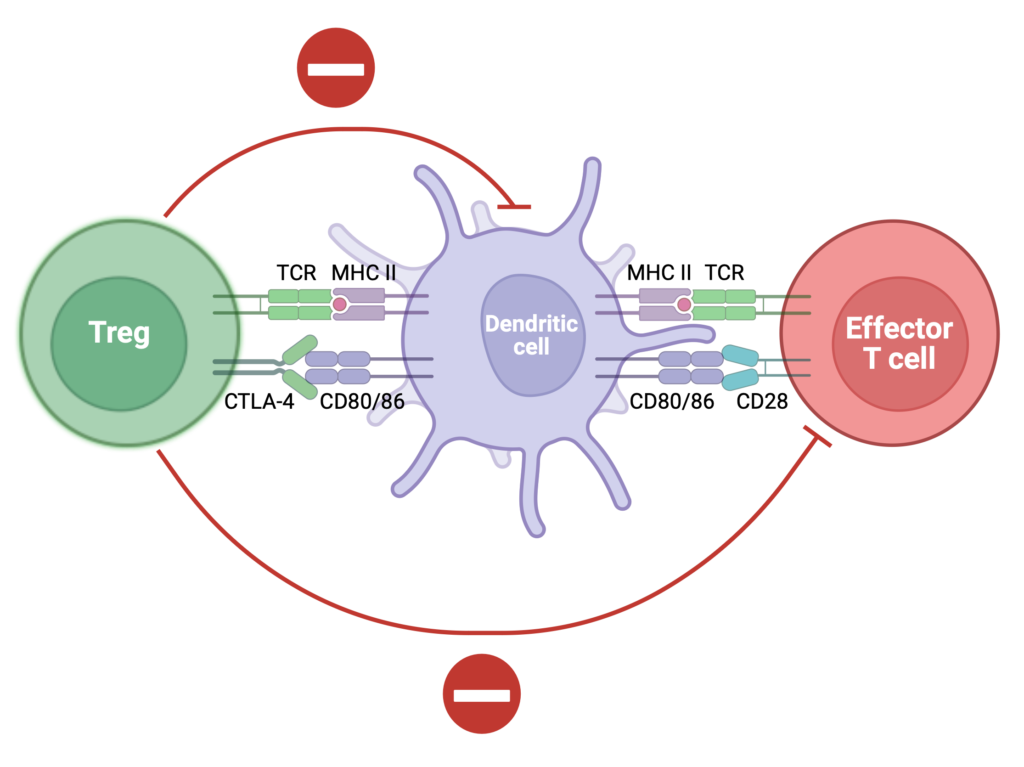
Immunosuppressive medications are associated with significant body toxicity. Novel treatments to minimize their use are highly needed to prevent rejection and treat autoimmunity. Using cutting-edge technologies, murine and humanized transplant models, we study the mechanisms involved in the regulation of the immune system. Our ultimate goal is to develop novel therapeutics that would help re-educate the immune system to tolerate the transplanted organ such as the mutein IL-2 (JCI). We are actively investigating regulatory immune pathways and cells, such as regulatory T cells, PD1, CTLA4, and Notch pathways. See also some of our groundbreaking research in the following publications at Circulation, Nature Comm, JCI, JCI Insight, American Journal Transp, and Transplantation.
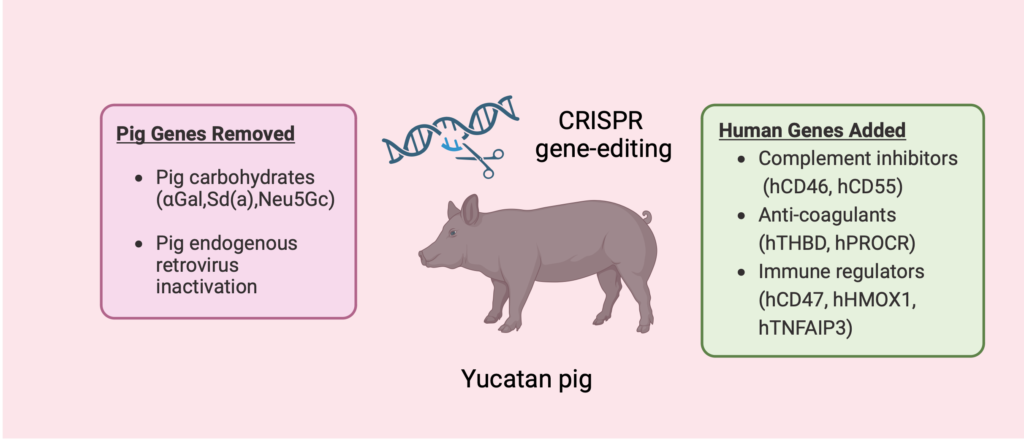
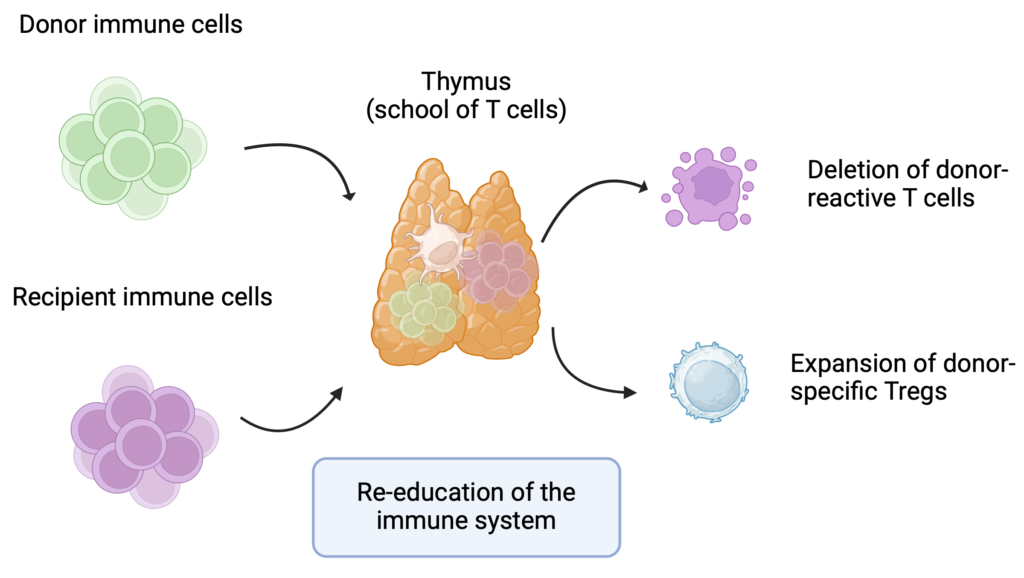
Prevention of organ rejection without the need of life-long immunosuppressive drugs is the Holy Grail of transplantation. We have established the first center for transplant tolerance in the world – the Legorreta Center for Clinical Transplant Tolerance. We offer to patients a novel strategy to promote transplant tolerance involving a combined kidney and bone marrow transplantation.
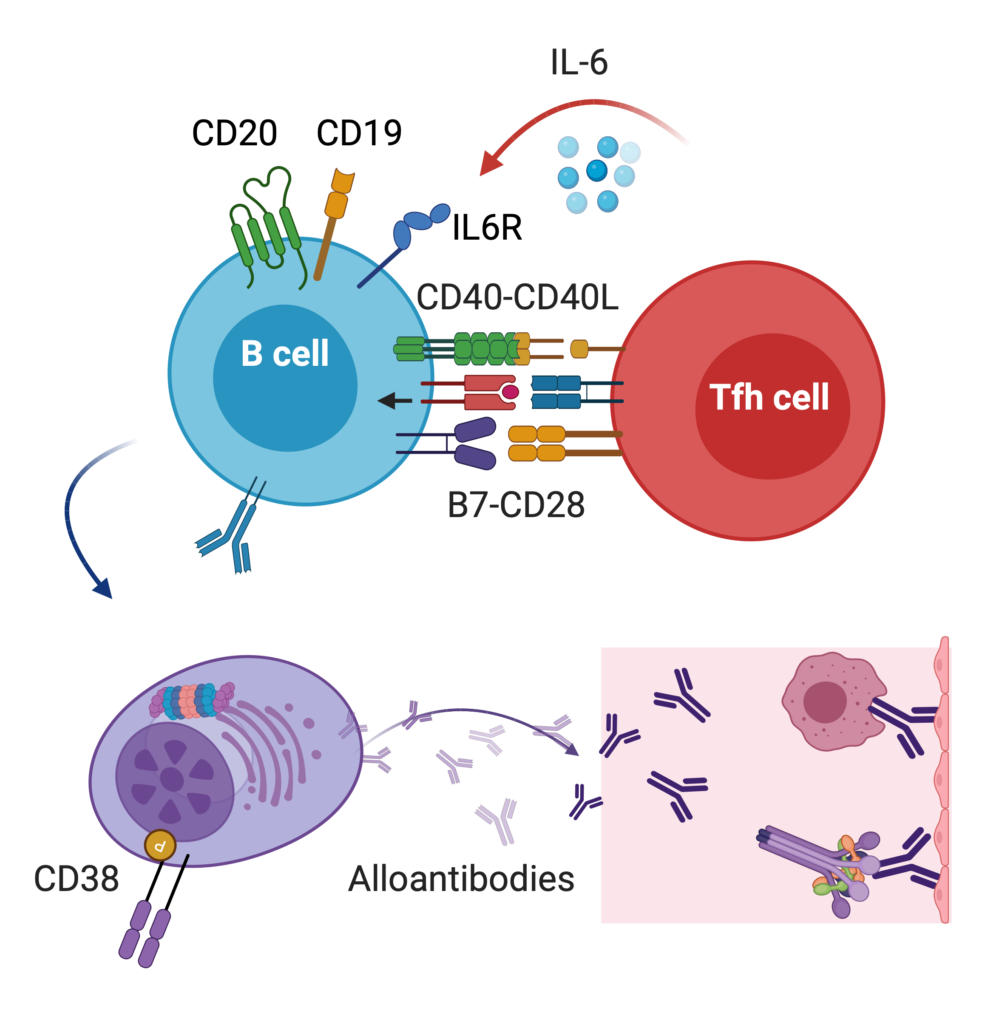
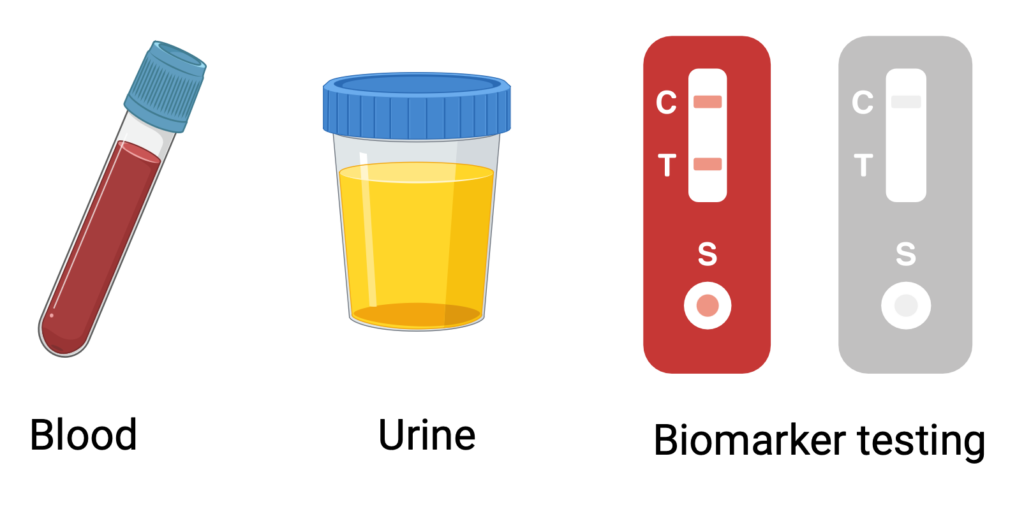
Currently, expensive and invasive tests such as biopsies are needed to detect problems with the transplanted organ. Using a unique biobank of human transplant samples in our center, we investigate individual patients’ genetics, clinical characteristics, blood and urine biomarkers to personalize the care of transplant patients (Nat Biomed Eng, JCI, JCI Insight). Among our advancements, we have developed a novel, inexpensive and sensitive urine test to detect early signs of rejection after transplantation, adapting a CRISPR/Cas13 platform technology. We are also studying how wearables may allow earlier detection of transplant problems.
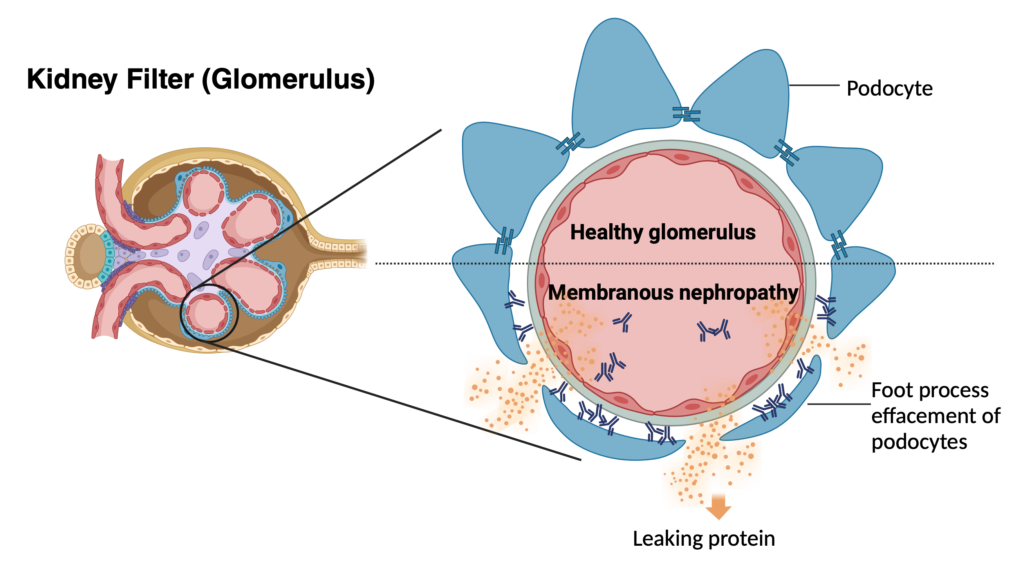
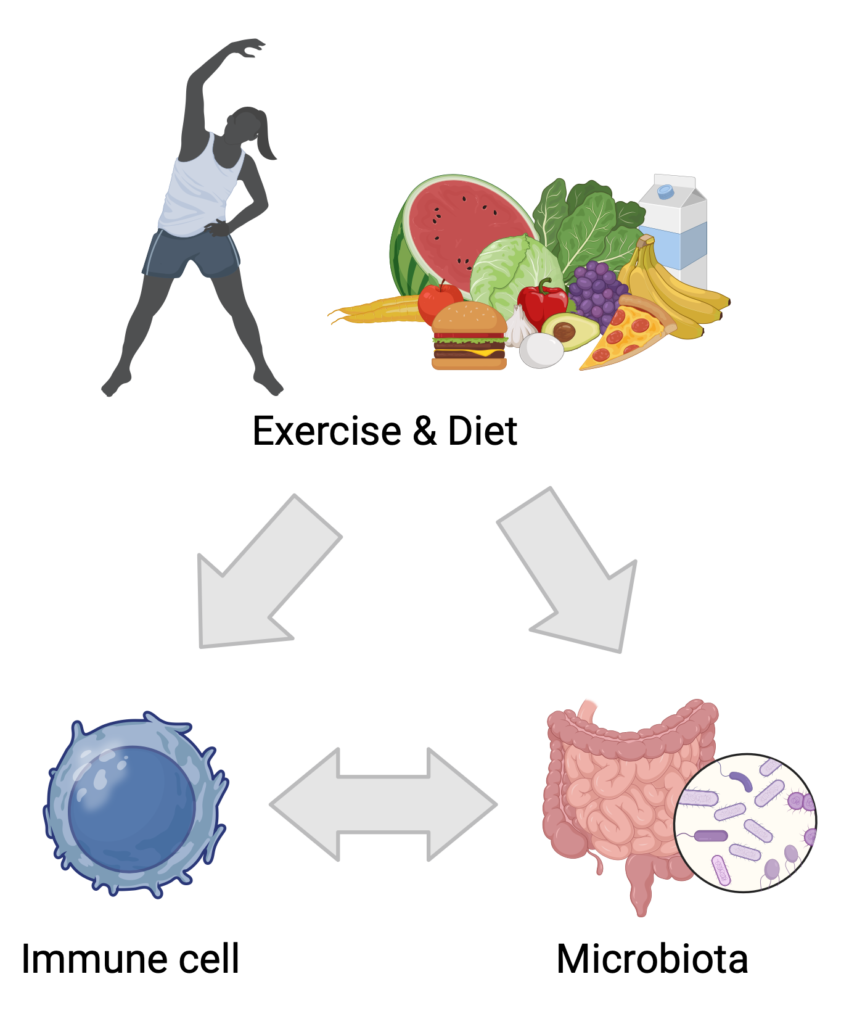
For patients facing severe body injuries, traditional reconstruction options can be insufficient. Our team is at the forefront of vascular composite tissue transplantation (VCA), leveraging animal models, advanced multiomics platforms, and a unique biobank from human recipients of face and limb transplants (eg. Am J Transp 2016, Nat Scientific Report 2018, NEJM 2019, J Clin Invest. 2021, AJT 2023). Our goal is to deepen our understanding of the underlying biology, identify novel biomarkers, and improve outcomes for those undergoing limb and facial transplantation.
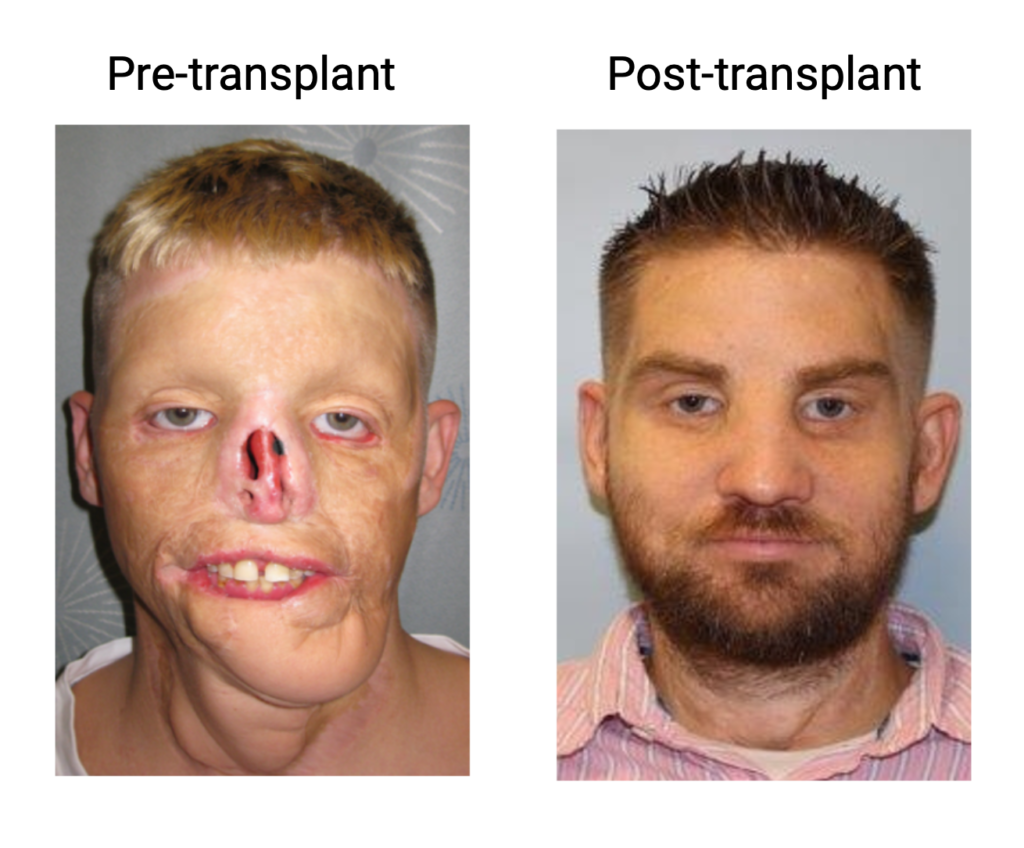
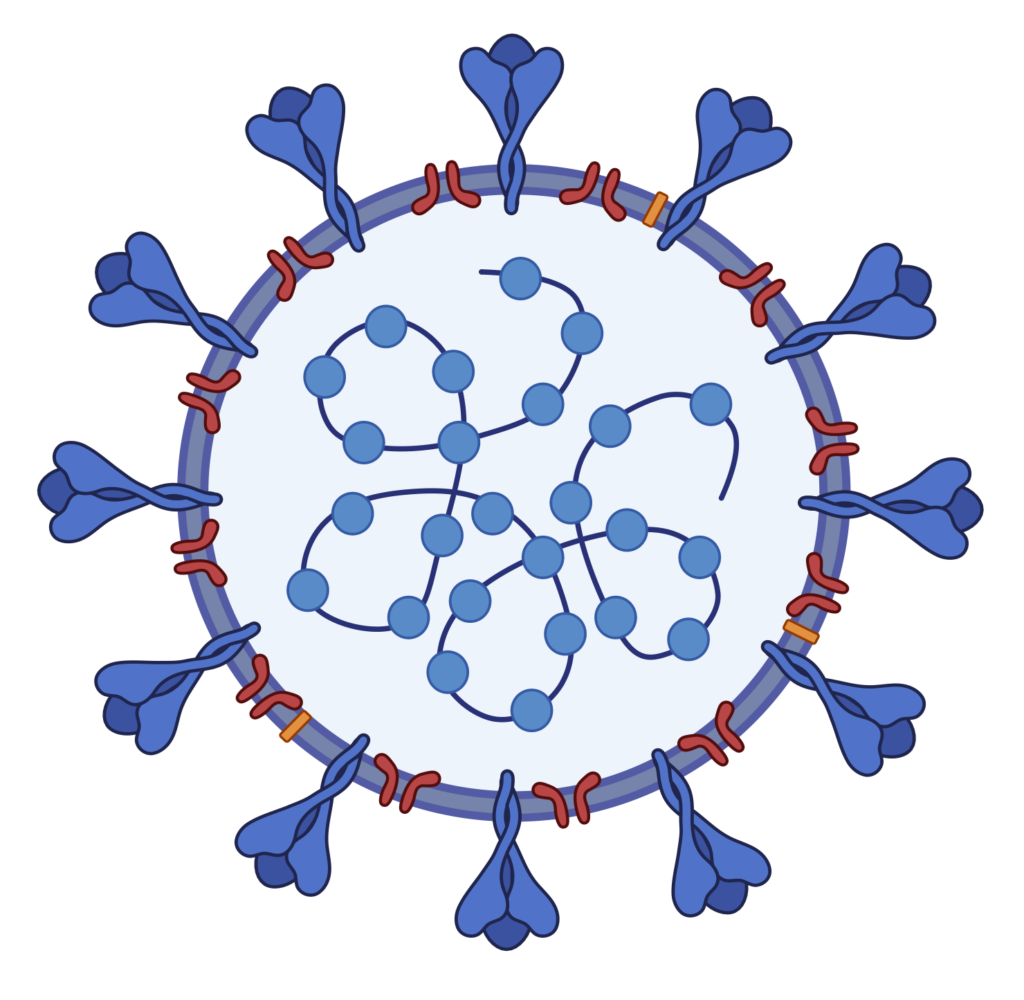
In the face of COVID-19, solid organ transplant recipients emerged as a particularly vulnerable group, experiencing heightened risk of severe illness and mortality. Our lab led forward-looking studies on the safety and efficacy of mRNA SARS-CoV-2 vaccinations, alongside mechanistic research aimed at identifying immune biomarkers to predict COVID-19 response and severity (eg. AJT 2020, Kidney Int 2022). Furthermore, our team’s exploration into the preventative potential of monoclonal antibodies marks a significant stride towards safeguarding this at-risk population against COVID-19 (eg. AJT 2022).
© 2024 Leo Riella